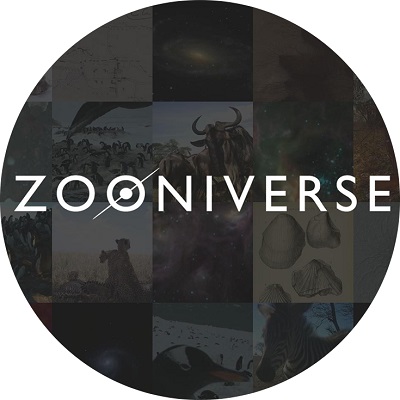Blog Posts | October 21, 2016
Share ThisBy Trevor Owens
Senior Program Officer, IMLS Office of Library Services
IMLS recently announced 41 awards made through the National Leadership Grants for Libraries program (NLG), the Laura Bush 21st Century Librarian program (LB21), and Sparks! Ignition Grants for Libraries program (Sparks). Among these awards, we are pleased to support several projects focused on piloting, planning, and scaling up approaches to distributed digital services for libraries and archives. The three projects described below represent more than $1.3 million of IMLS funds invested in this area. Click the log number for each grant to access more information, including selected documents from each grant proposal.
A core concept of the National Digital Platform for Libraries and Museums is that shared digital services and tools can enable libraries and archives across the country to better leverage their resources and meet the needs of their users. Three of the recently announced National Leadership Grants for Libraries projects exemplify how these connective efforts are making an impact.
Engaging Communities through Crowdsourcing
The potential for crowdsourcing to serve as a means for engaging communities came through as a major theme in last year’s National Digital Platform convening report. The Crowd Consortium project (funded jointly by IMLS and NEH) has also helped to coalesce a community of research and practice in these areas. Last year, WGBH (Boston’s local NPR station) received a major grant to explore methods for combining crowdsourcing and computational methods for working with A/V collections (LG-71-15-0208-15), and we previously supported the exploration of approaches and techniques for crowdsourcing by the Missouri Botanical Garden and other Biodiversity Heritage Library partners (LG-05-13-0352-13).
Building on this body of work and knowledge, IMLS has made its largest investment to date in bringing crowdsourcing work and practice to scale through an applied research project to enhance a major crowdsourcing platform. Through “Transforming Libraries and Archives through Crowdsourcing” (LG-71-16-0028-16), which received a $1,214,780 NLG research grant, a team led by Adler Planetarium will greatly expand the capacity for libraries and archives across the country to use crowdsourcing techniques to engage with audiences and improve access to digital collections. The team will develop, host, and run four custom Zooniverse Projects for libraries and archives. These crowdsourcing projects will explore improvements to full text and audio transcription, image annotation crowdsourcing tools, and research differences between transcribing in isolation versus transcribing with knowledge of others’ work. Results from these projects will be directly incorporated into the Zooniverse Project Builder, a free tool available to libraries and archives around the world to launch and run crowdsourcing projects.

Enabling Collaborative Collection Development for Web Archiving
A $244,894 NLG project grant awarded to the California Digital Library (LG-70-16-0093-16) will support the development of Cobweb, an open source platform for collaborative collection development. Cobweb will help facilitate the creation of more comprehensive web archives by coordinating the activities of the web archiving community. This project will benefit libraries and archives already engaged in web archiving activities as well as those who have not yet started, and will help institutions make better-informed decisions regarding the allocation of limited resources.
Distributed Preservation and Descriptive Metadata Approaches for Repositories
Two other recently announced projects illustrate how distributed approaches to tools and services are being advanced for both preservation and descriptive metadata. Both of these projects build on considerable previous IMLS investments in the open source Hydra platform (LG-70-15-0006-15, LG-70-16-0076-16).
Through “Beyond the Repository: Integrating Local Preservation Systems with National Distribution Services” (LG-72-16-0135-16), which received a $49,114 NLG planning grant, Northwestern University Libraries and the University of California San Diego Library will investigate the integration of local services with distributed preservation networks such as the Digital Preservation Network (DPN), Chronopolis, and the Academic Preservation Trust (APTrust).
Through “Local Caching for External Linked Data Authorities in Hydra” (SP-02-16-0014-16), which received a $23,513 Sparks grant, the Chemical Heritage Foundation will develop additional linked data functionalities for the widely-used Hydra repository platform, lowering barriers to linked data implementation. This will enable catalogers to see linked data vocabulary terms using an autocomplete function within the Creator field of Hydra’s metadata template, reducing the time and expertise required for institutions to implement linked data functionality.
Together these three projects illustrate exciting further developments for distributed tools and services as part of the National Digital Platform for libraries, archives and museums.
